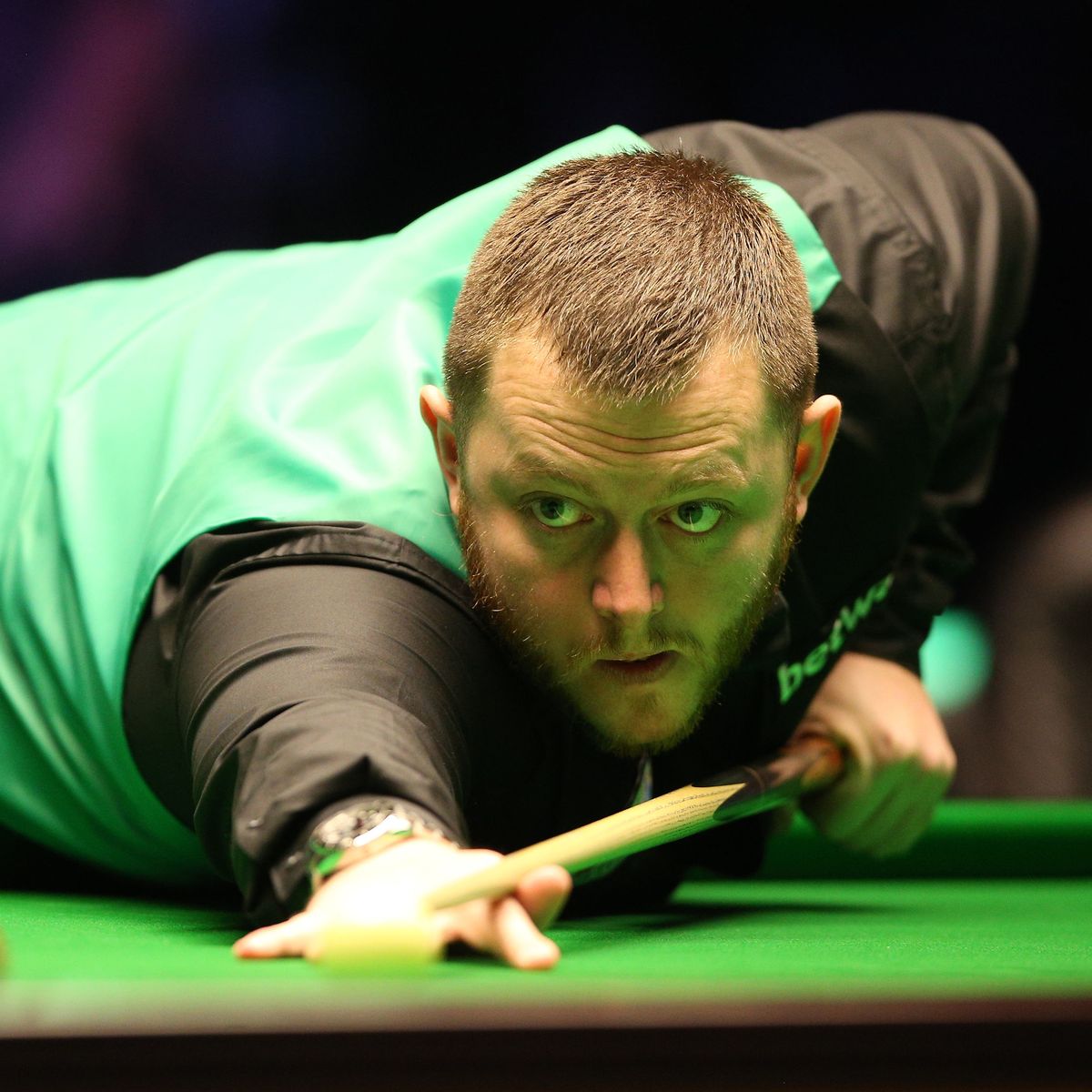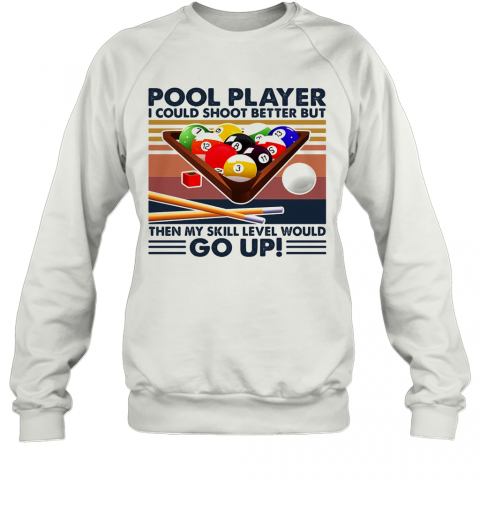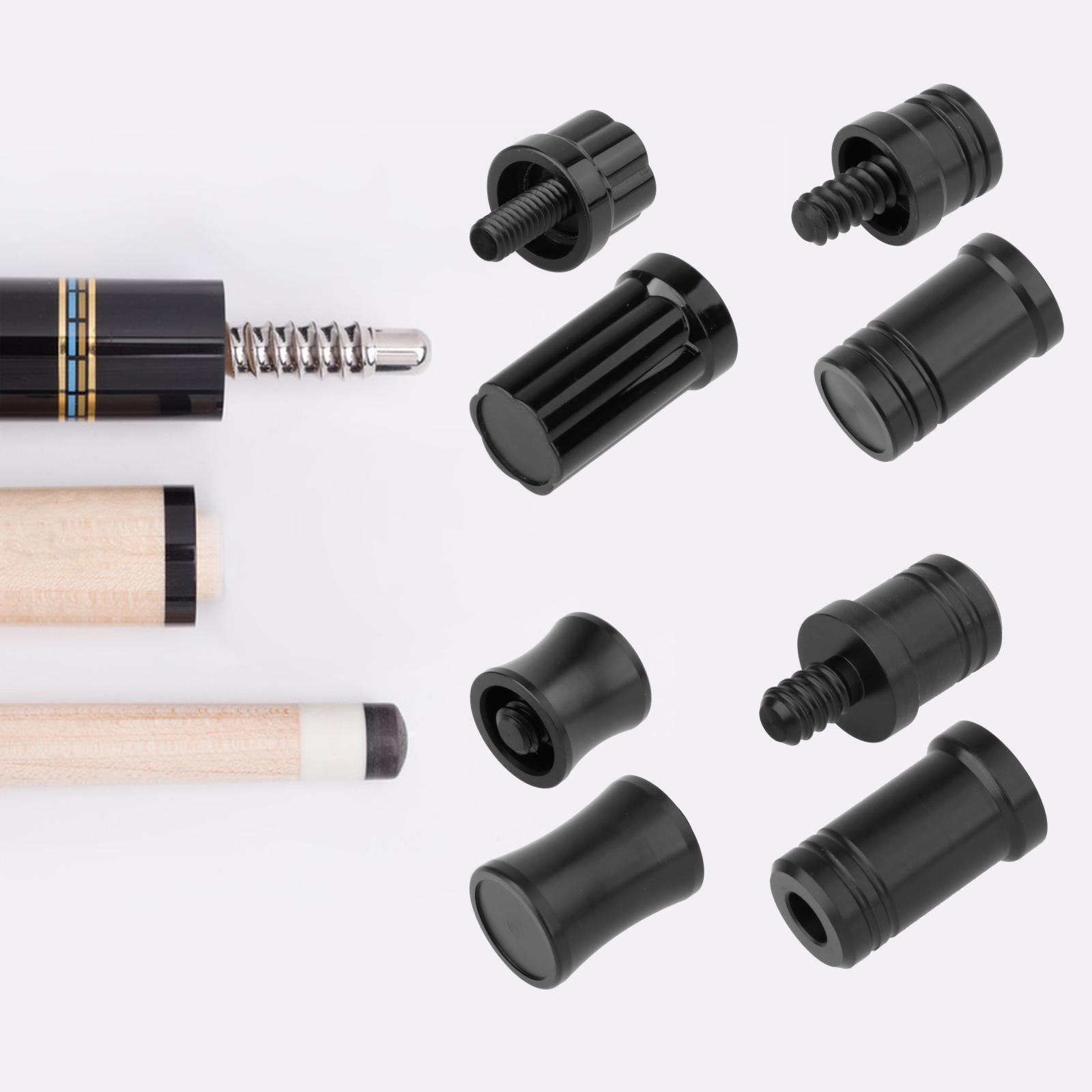
You will need to determine the size of your pool table to play, whether you're looking to start playing or simply want to upgrade. There are many sizes to choose from so it is important that you find the right one.
Measure the space where the pool table will be placed. You will need to measure the room's width and length. This is called the minimum room size. Once you have taken these measurements, subtract the furniture from your total room size.
Once you have a rough idea of how large the room is, it's easy to determine the size pool table that you will need. Standard sizes for pool tables range from 7 to 8 feet and 9 to 9. These are the sizes most people will use. However, there are specialty tables as well. You will find smaller tables, for example, that are designed for children. You can also find mini tables, which are only three or four feet long. These are great for learning the game with children.

A regulation-sized pool table is essential for serious players. These tables can be found in both bars and pool halls. A 9-foot table is the standard size for tournaments in most leagues. This table is ideal for professional players. It is an expensive investment so it is important to research.
You should also consider the length of your cues. How you shoot is affected by how long your cues. For example, longer cues will make it harder to hit a break shot. There are short cues available in 36, 48, 52 and 52 inches. These short cues work well for children pool tables and can also be used to overcome obstacles. "Troubleshooter" short-cues are available, which feel and function like full-size cues.
It is important to consider the length of the cues when purchasing a pool table. Shorter cues are ideal for kids, but longer cues are good for people who are tall. How smooth your shots will go depends on the length and shape of your cues. It can be difficult to take a break shot if you have longer cues. But, shorter cues are more efficient and can get around any obstacles.
It will take longer shots to get the table larger. A larger table will allow you to have greater control. It will also require more skill, and can be more difficult for you to maneuver. This will make the competition more interesting. However, a larger table also requires more space. A larger table can also make it easier for you to make mistakes. If you are a beginner, you'll want to start with a table that's at least seven feet long.

You might want a 7-foot table if you're looking to buy a pool table for your bar or pub. These are very popular in North American Amateur Leagues.